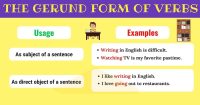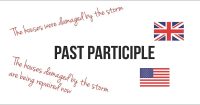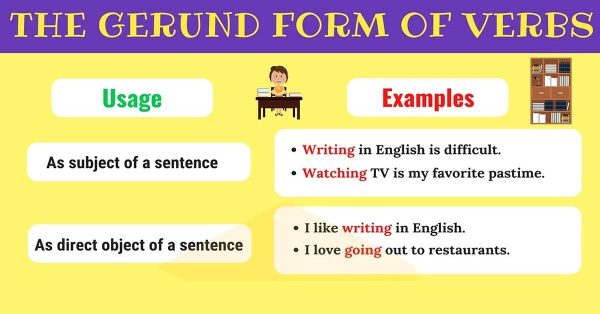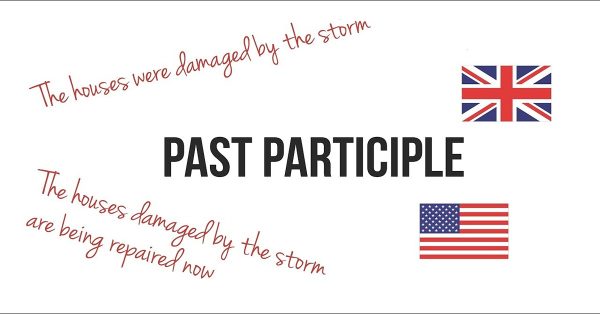Past Perfect Tense is one of the most common in English. However, there are still many who do not understand this type of structure so often do not use to make the sentence or article more vivid and diverse. The following information will help you read a detailed view of the past completion to be able to apply to study and practice English more effectively.
1. Define the past is complete
The past tense is used to describe an action that takes place before another action and both actions have taken place in the past. Any action that occurs before using the past tense. Actions occur after using the past simple.
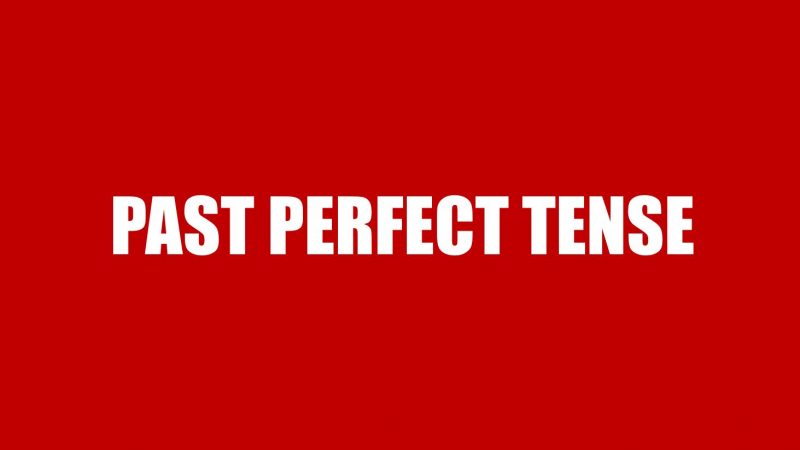
2. The structure of the past is complete
- Confirmation: S + had + V3 / ed
Example: John had gone out when I arrived in the office. When I went to the office, John went out.
When I got home yesterday, my father had already cooked dinner. (Yesterday when I got home, my dad finished his dinner)
- Negative: S + had not (+ not) + V3 / ed
Example: Sam was very tired as she had not slept well for several days. (Sam was very tired because she did not sleep well a few days ago)
We did not prepare at all before we took that test. (We did not prepare anything before taking the test)
- Suspicion: Had + S + V3 / ed?
Hoặc What/How… + had + S + V3/ed?
Example: Had Susan ever studied Thai before she moved to Thailand? Did Susan ever learn Thai before she moved to Thailand?
How much Had he drunk all before you got to him? (How much did he drink before you found him?)
3.The way the past is done
- When two actions have taken place in the past, we use the past to complete the past and past past actions for later action.
Example: I had never seen such a beautiful beach before I went to Kauai. (I have never seen such a beautiful beach before I came to Kauai)
When Charles came to the station the train Had left already. When Charles arrived at the station, the train was gone.
- Describes an action that takes place and ends before a specific moment in the past
For example: We had married before 1985. (We were married before 1985)
Kate had never played the drums until last night. (Kate has never played drums until last night)
- Used in narration
Example: The teacher asked if we had studied for the exam. (The teacher asked if we had taken the lessons to prepare for the test)
My neighbor asked if we had seen her dog. (My neighbor asked if we could see her dog)
- Use in condition 3 to describe non-real conditions
Example: If I had known you were in Frankfurt, I would have called you. (If I knew you were in Frankfurt I would have called you.)
I would have been in a big trouble if you had not helped me. (If you do not help me then I have a big trouble.)
- Used to express regret or dissatisfaction with something in the past.
Example: The boy wished he had asked another question. (He wished he had asked another question)
I wished I had told the truth. (I wish I had told the truth)
- In addition, past completion is often used in conjunction with the word “just” to describe an action that has just taken place, with another action or event occurring.
Example: I had just gone outside when it started to rain. (I just went out and it started to rain)
The bus had just left when we got to the stop. (When we reached the stop, the bus was just gone)
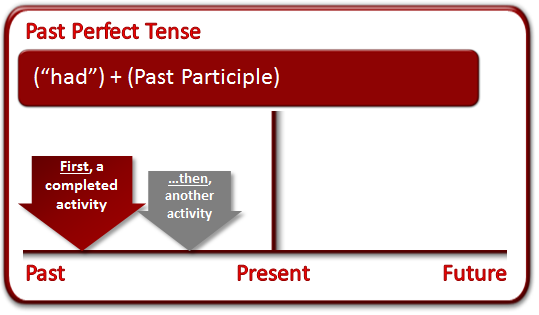
4. Notes on the use of the past is complete
- Words, phrases such as before, after, yet, already, since, for … are also used in the past tense as in the present tense. Note:
- Use the after, as soon as, the moment, until until the past clause contains the past complete
Ví dụ: After she had moved out, I found her notes/ I didn’t say anything until she had finished talking.
- Use before, when, by the time before the clause contains the past simple
Ví dụ: Before I knew it, she had run out the door. / By the time he phoned her, she had found someone new.
- Passive form of past tense: S + had + been + V3 / ed
George had repaired many cars before he received his mechanic’s license. (chủ động)
=> Many cars had been repaired by George before he received his mechanic’s license. (bị động)
In general, the past as well as the other types in English play a very important role in forming sentences, expressing the meaning as well as the context in communication. Therefore, it is very necessary to know the characteristics and usage of the past, in particular and other words in English. Hope this article has provided you with interesting and interesting information to help you become more confident with this language.




